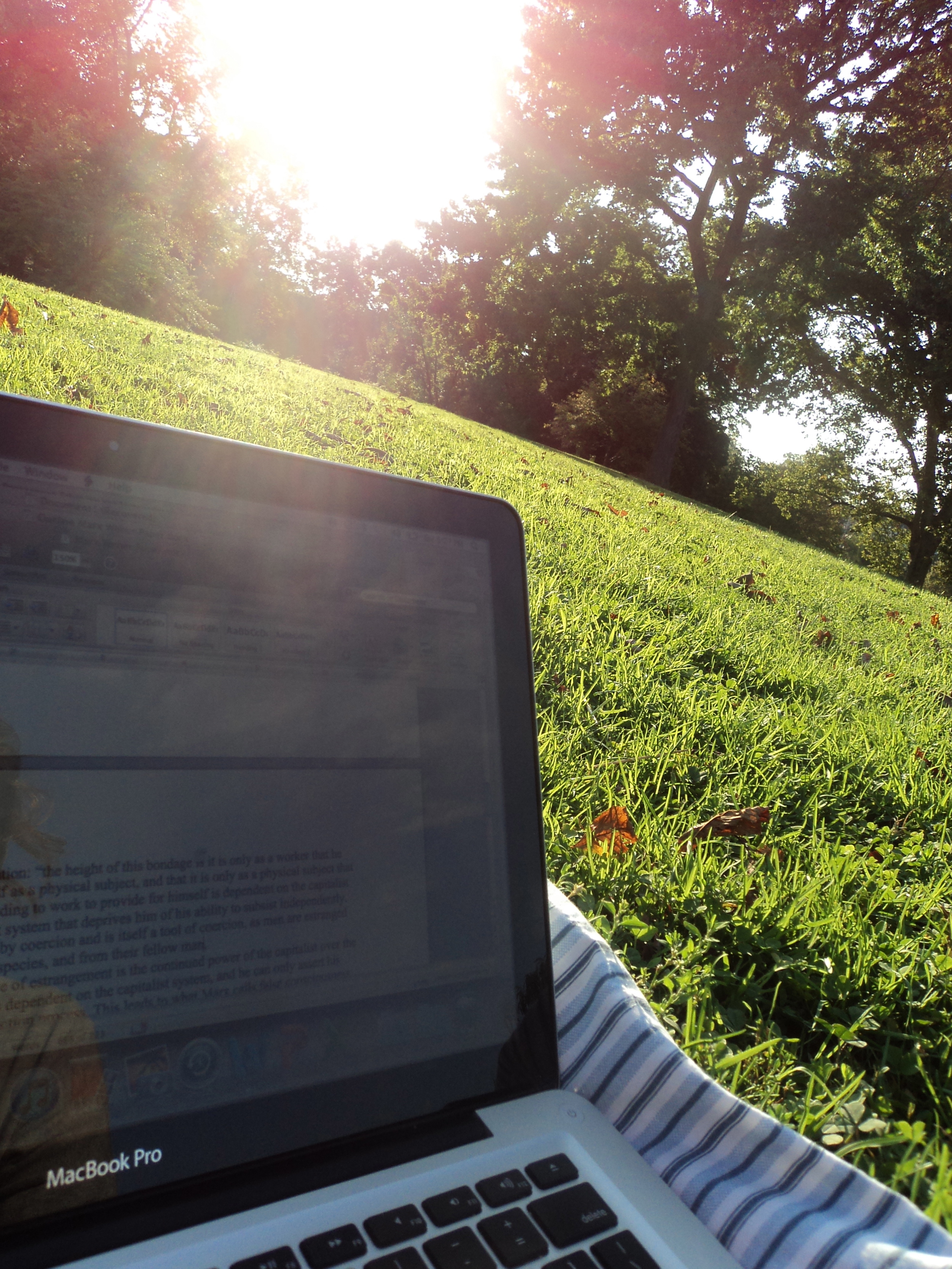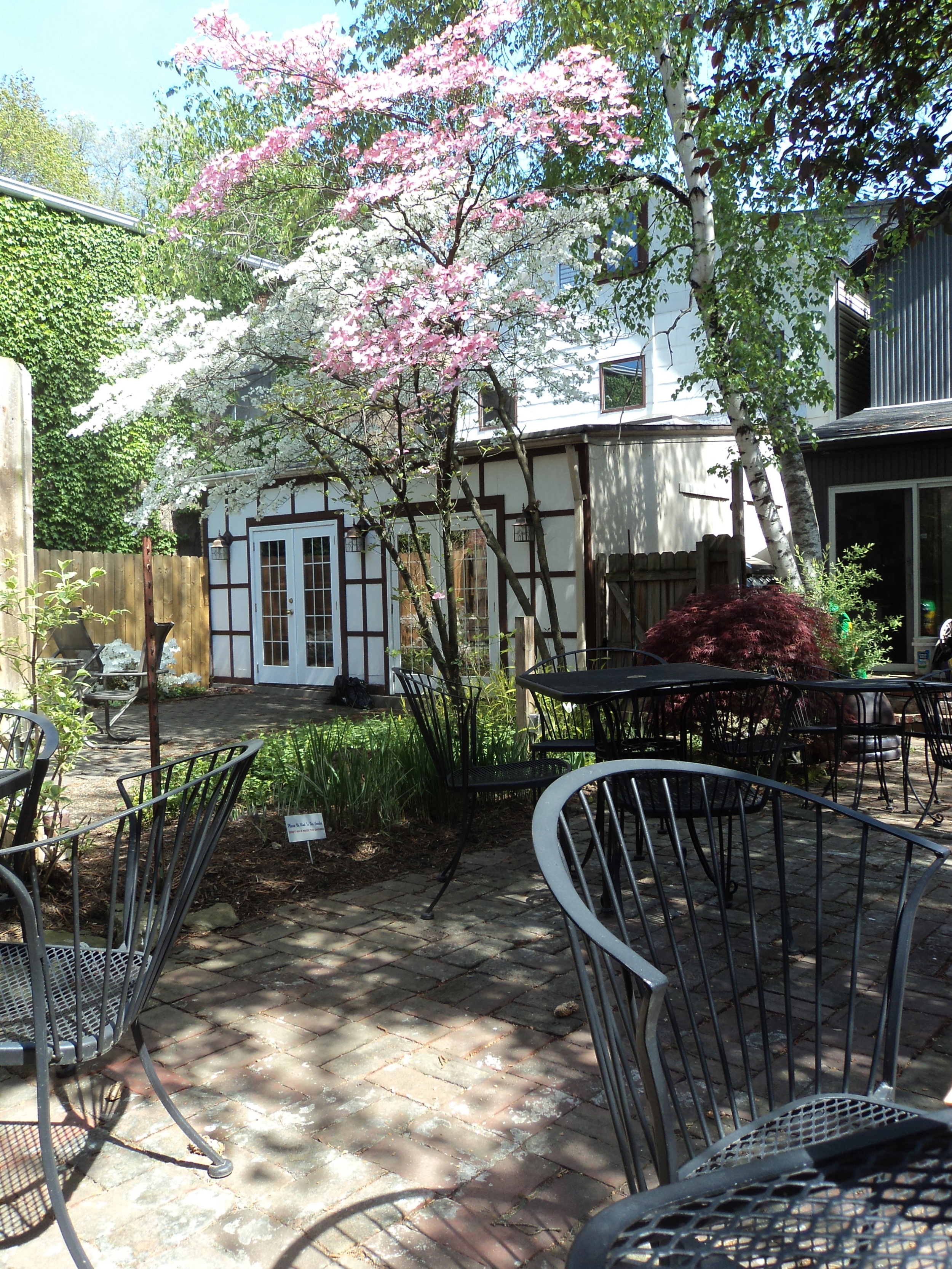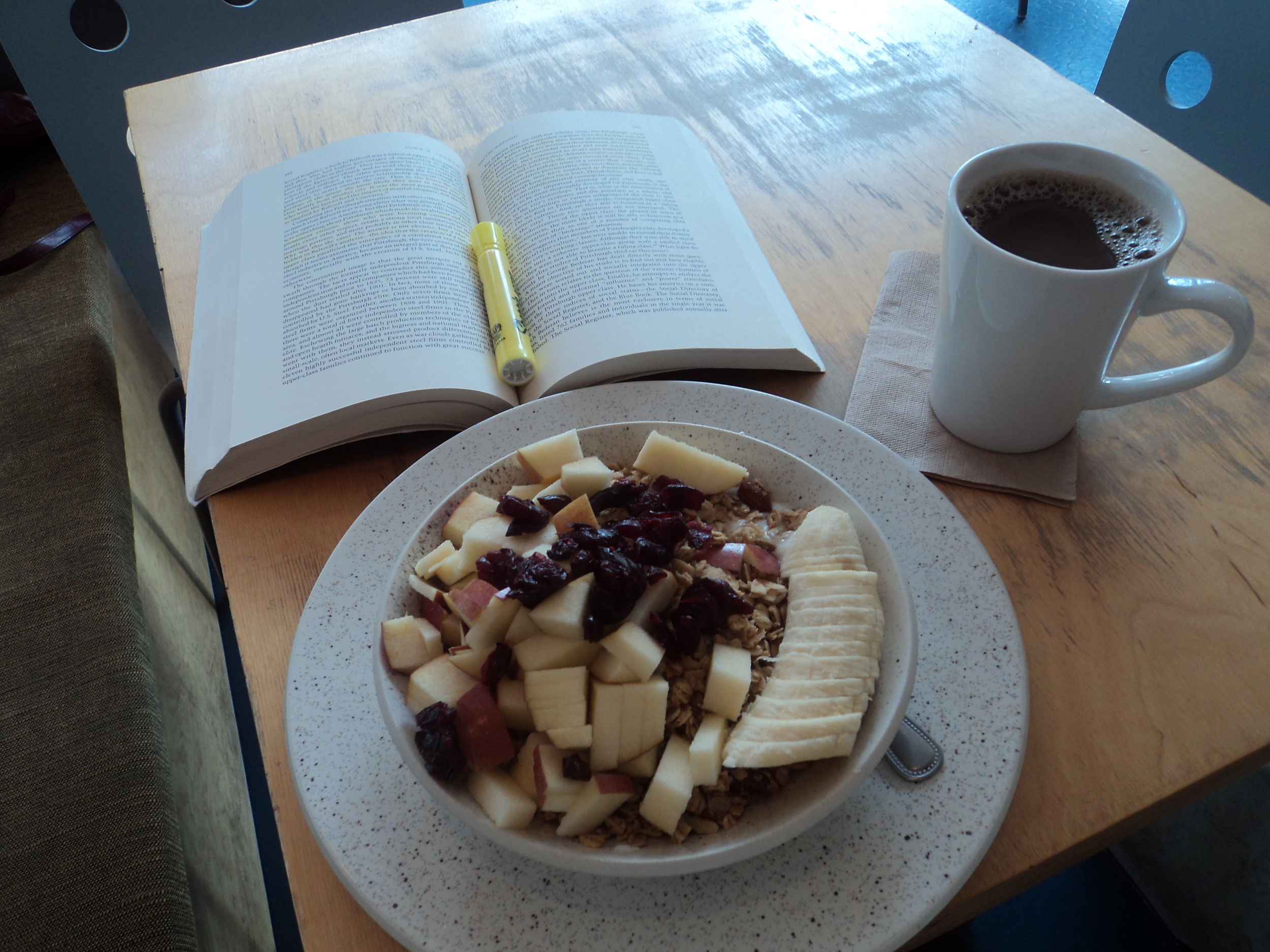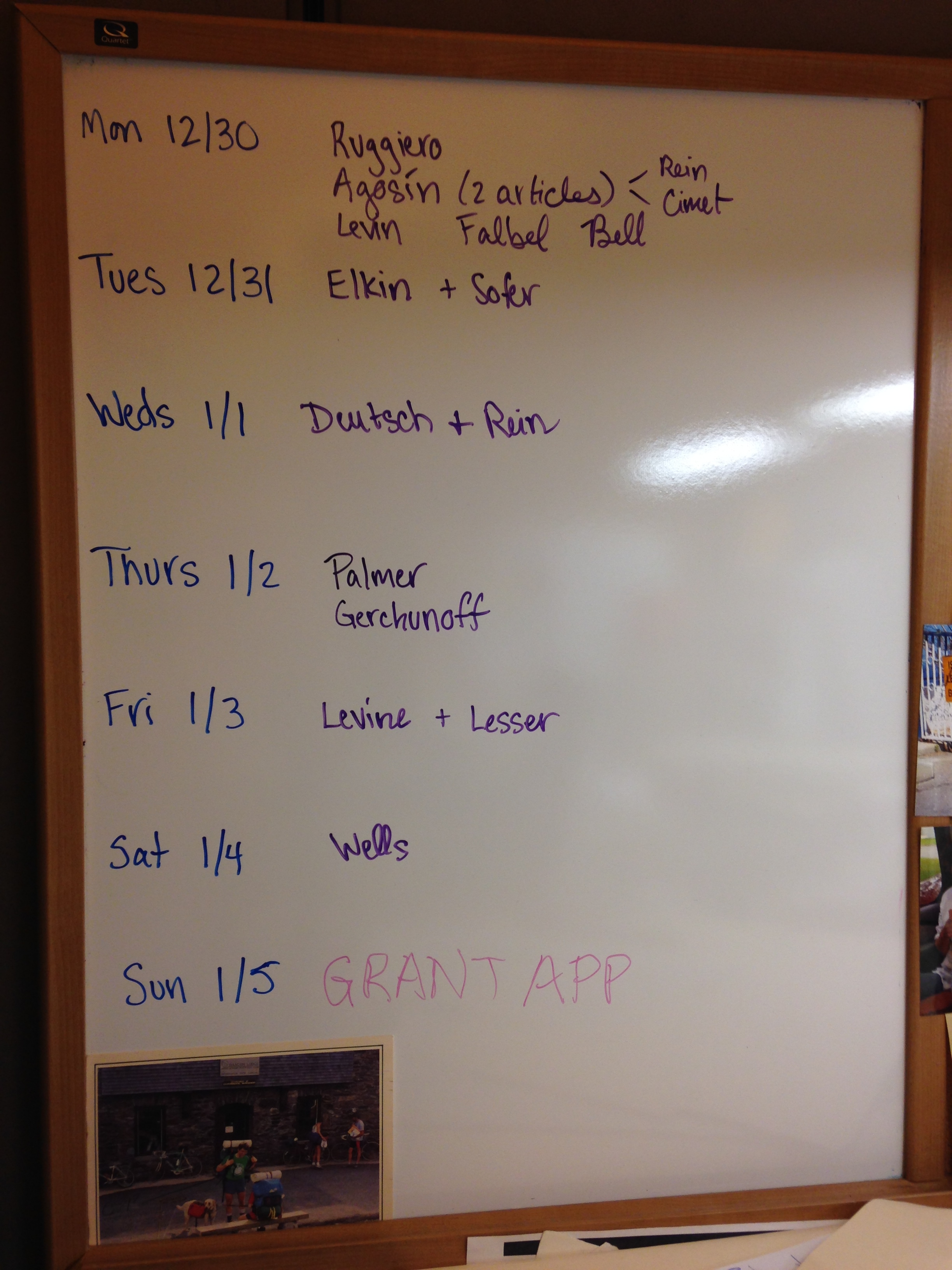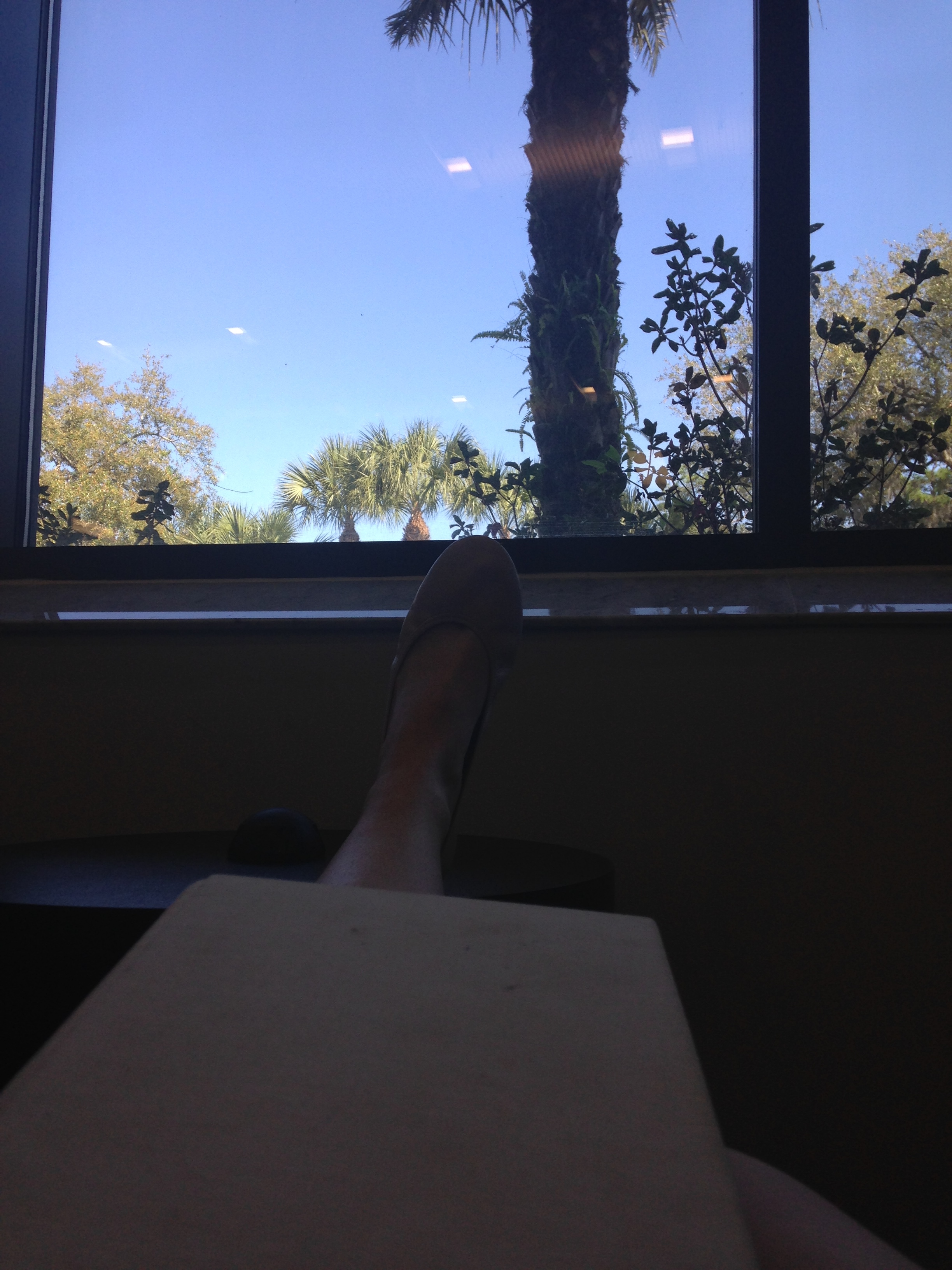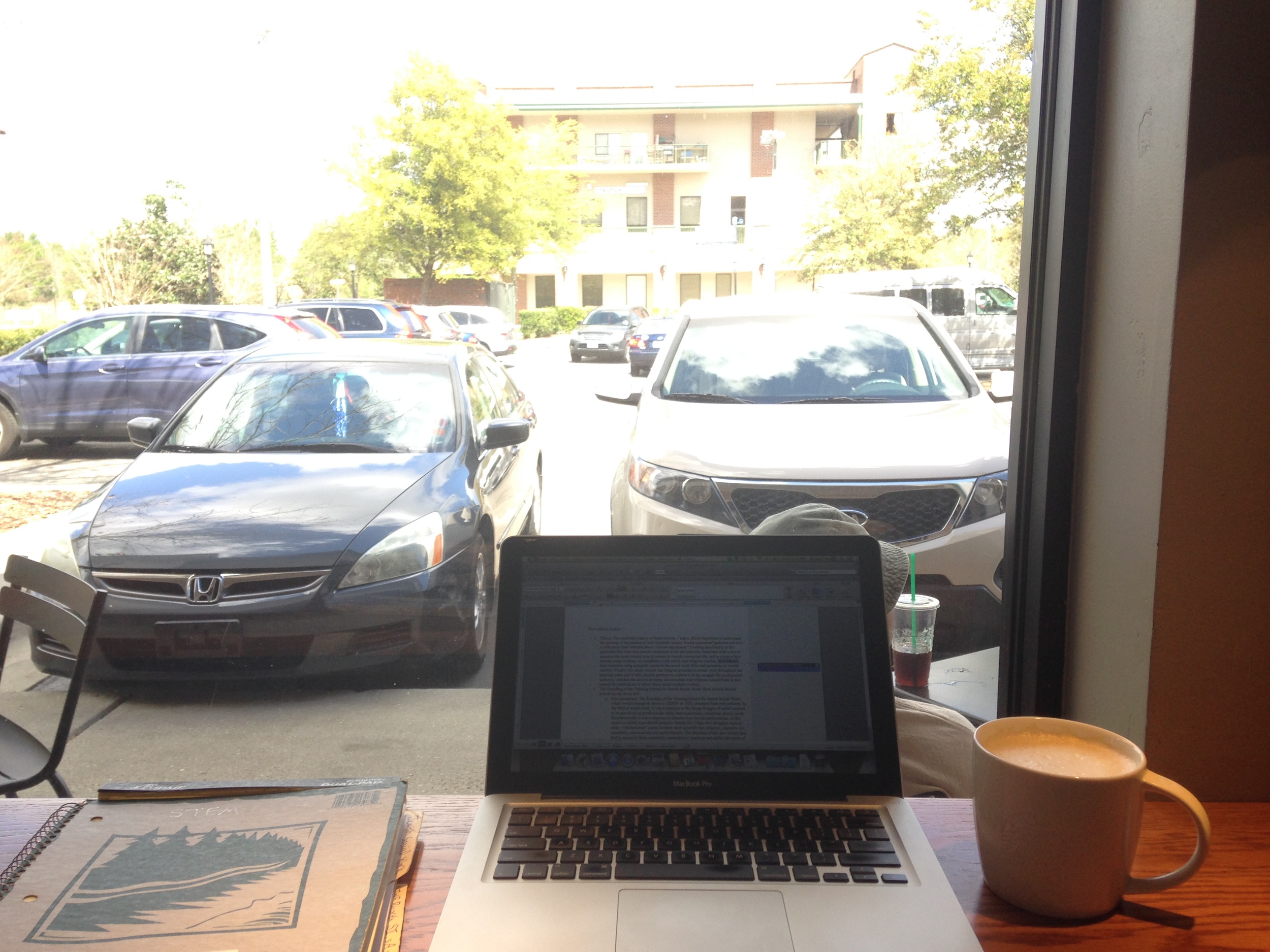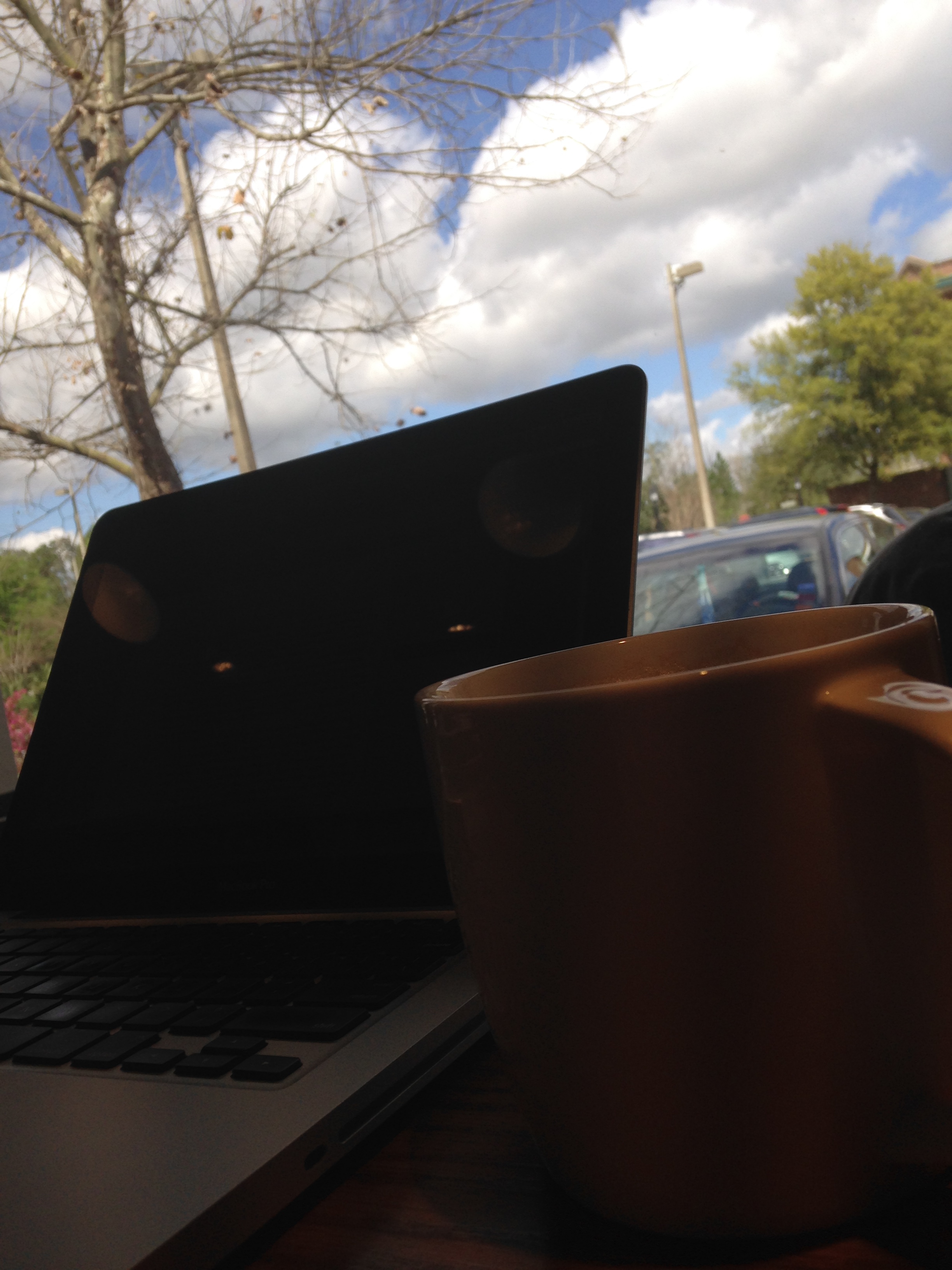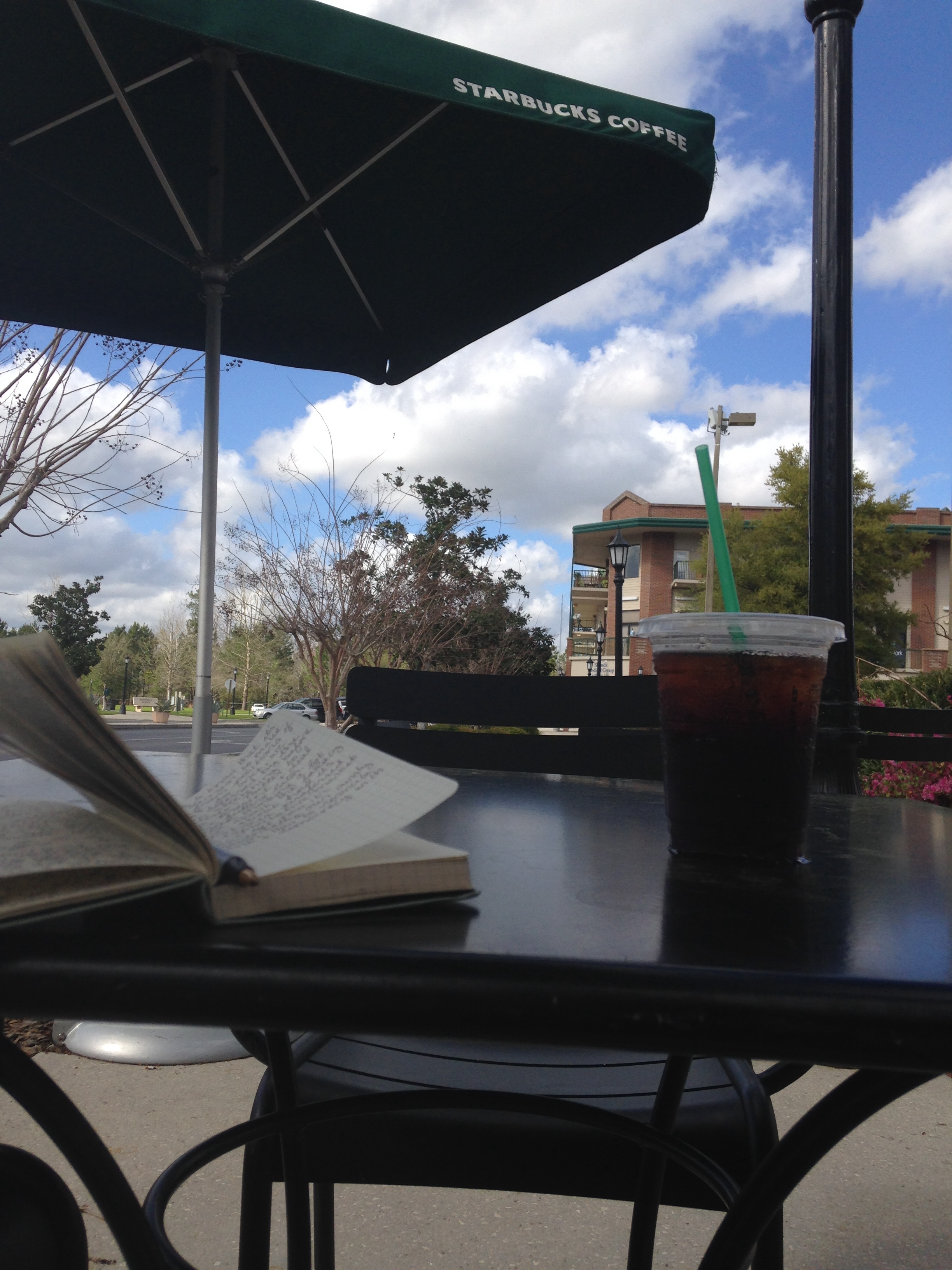I struggled to get out of bed this morning. I partially attribute this to the darkness of the early hour, and partially to intimidation. I have a long to-do list this week! I let a few tasks simmer on the back burner over the past two weeks while I focused on a time-sensitive project. I'm excited to get moving on a few of these tasks, like planning my travel for January through April. Inherent in planning this travel, however, is deciding what I will research, and where, and for how long. So many choices!
Although my heart's true desire was to spend the entire day in bed playing Bejeweled on my iPad, I declared today a dedicated reading day. Reading seemed like a decent compromise between productive efficiency and total evasion of responsibility. Reading is the most inert activity in my profoundly sedentary profession, and it's like green eggs and ham: you can do it in a bed, you can do it on a couch, you can sit stiff as the dead, or bend over in a slouch.
The first three years of graduate school are heavily weighted towards reading, with a side of writing. Coursework in history usually demands you read a book a week per course. Preparing for doctoral exams forces you to read a book a day for about five months straight. After that, you read on an as-needed basis.
I've really struggled with incorporating reading into my life as a dissertator. I started out slow, and introduced fiction back into my routine. I rationalized that it would be easier to muster enthusiasm for stories about vampires than for stories about the past (though sometimes those interests combined in magical ways). Now that I'm getting further into the dissertation research, though, I recognize that I have to keep up with the history books (and articles) on the subjects I'm writing about. I'm finding it hard to switch gears from reading documents to reading a book, especially because I prioritize the former activity. I try to devote my most productive morning hours to the mountain of evidence that I'm digging through, and by the time I'm done it's hard to concentrate on a book. The consequence of this is that I haven't done much reading lately....
So, what is the point of this story? It's just a reminder to myself that a day spent supine is not a day wasted, as long as there's a history book in my hands.
I'd love to hear other researchers strategies for tacking between research, reading, and writing! Do you have any personal rules or self-imposed structures for finding this balance?
